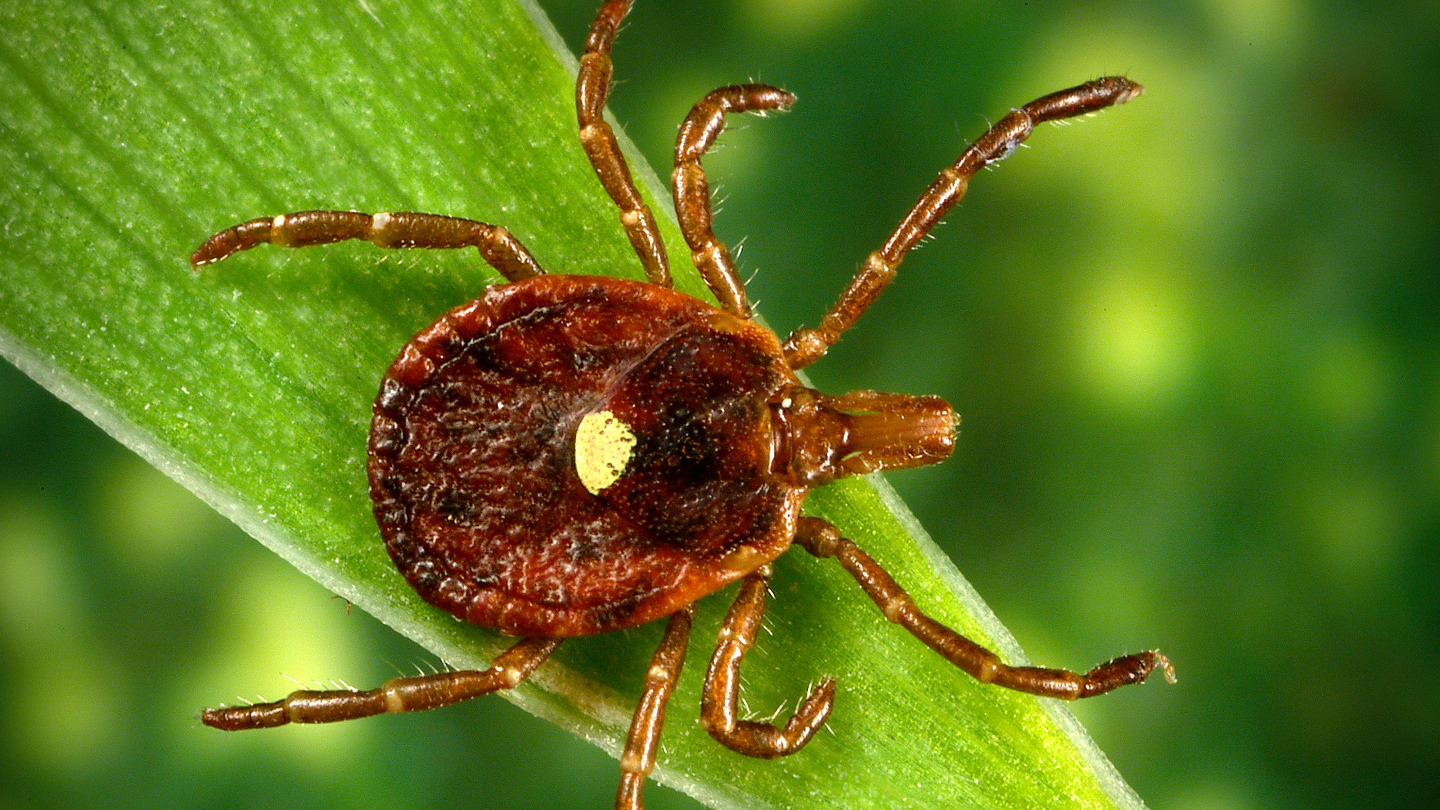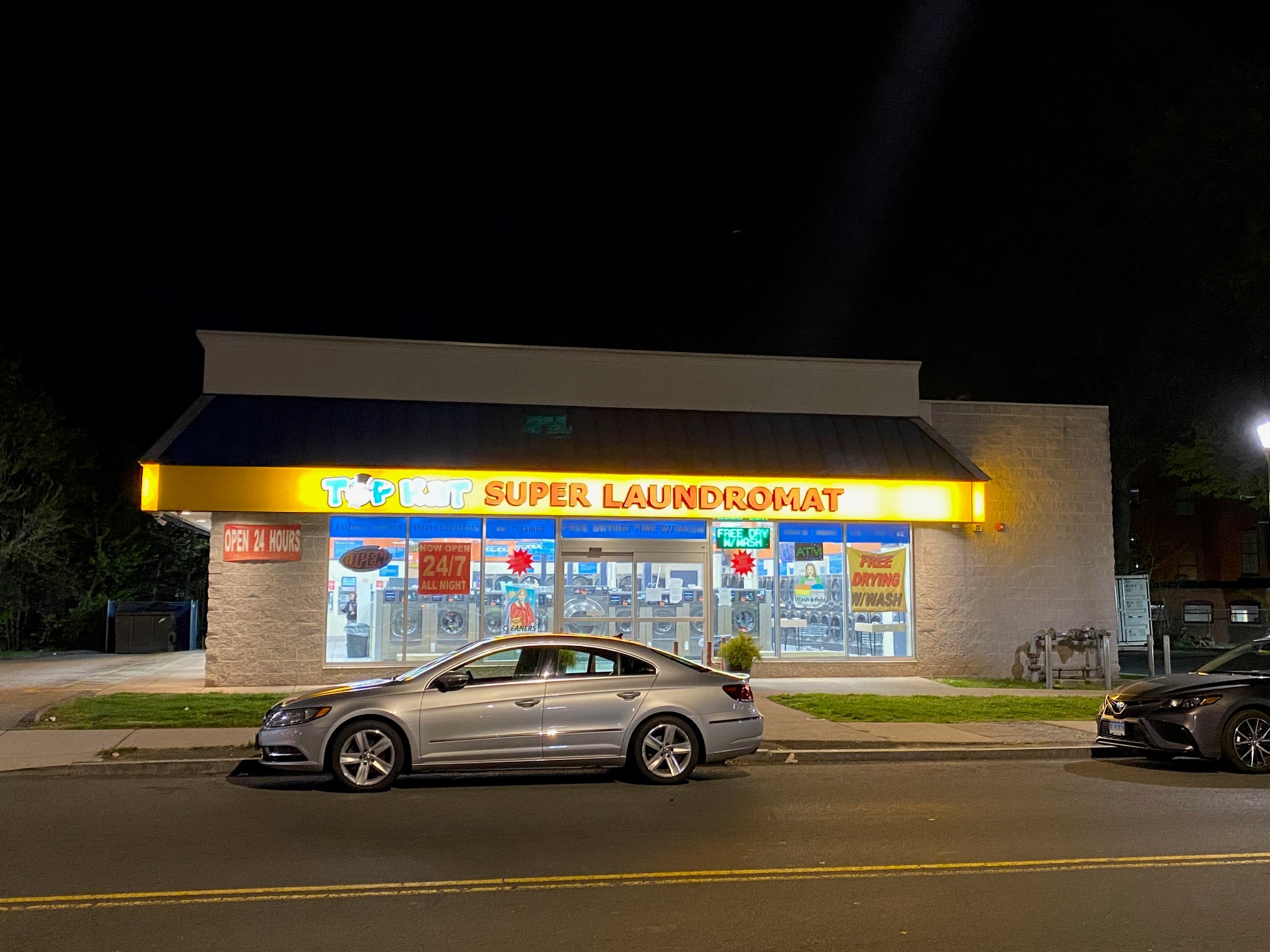Long Island Sound is home to one of Connecticut's largest agricultural commodities: oysters.
The shellfish industry generates over $30 million in sales annually, according to the Connecticut Department of Agriculture.
But profits have taken a dive.
Norman Bloom, owner of Copps Island Oysters in Norwalk, said it happened within a matter of days.
It was business as usual on a Saturday in mid-March.
"Come Monday, we literally went to zero orders. It just stopped," he said.
Bloom said some customers even asked if he would take back the oysters that were delivered the week before. He did.
Local
"Our cash flow right now is pretty much dried up," he said.
Wholesalers are among Bloom's biggest customers with the majority of his oysters ending up in restaurants. Now that restaurants are limiting their menus and only offering takeout, there's very little demand.
"Oyster is not really a takeout food," he said.
Sales are how Copps Island makes money. But farming is the biggest part of Bloom's business. Even though there's no revenue coming in, there is still plenty of work to do.
Now Bloom is doing it with a small staff. He had to lay off most of his workers when the orders stopped coming in.
"It's hard because we employ carpenters. We've got full-time mechanics and welders," he said. "We try rotating our crew now, you know give a few guys work here and there."
Bloom said he has been approved for the federal Paycheck Protection Program, which will allow him to bring back his employees. He hopes that money arrives soon because it's almost spawning season.
"Once the water gets to 70 (degrees) and the oysters spawn, then the oysters are going to hunt for a clean place on the bottom to swim down to and attach to," he said. "So if I don't do all this work now and get the beds down and move the oysters from the year before, I won't be able to get my shell down and that's going to affect me three years from now."
Leaving the oysters in the water isn't an option. If they grow too large, Bloom said they will overgrow the lot and essentially choke themselves. Moving them to deeper water can slow their growth.
Bloom said business is slowly picking back up. He is looking forward to the day restaurants can reopen.
"Support our local restaurants. We need our restaurants back. That's what we really need," he said.
The Aquaculture in Connecticut website created by UConn shows where you can buy fresh seafood and shellfish in the state.



